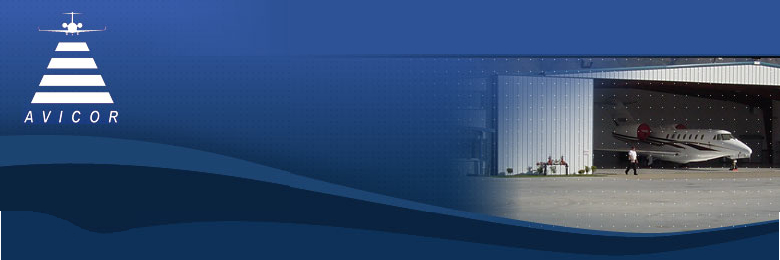

✈ January 3, 2018, Avicor Aviation Inc.
There are quite a few misconceptions about the value of aviation businesses floating around. Those of us in the industry have a pretty good understanding as to what the real numbers can look like, but certainly, many people outside of aviation give the impression that if it involves airplanes in any remote way, it must be worth a lot of money. While many aviation businesses do generate a high value, what the value is can depend on many factors and is often not as straightforward as it may seem.
Perhaps the most common misconception is just how the value of a company is determined. A frequent misunderstanding is that you just need to plug a few key items into a formula in order to figure out the value of a business. Although formulas are typically part of the process, valuing a company is not just a matter of, for example, applying a multiple to EBITDA. The process is much more involved and begins well before any formulas are applied.
Foundational to valuing a company are three basic principles:
The easiest way to understand these three principles is to put oneself in the shoes of a potential buyer. While every valuation is not for the purpose of selling a business, the buyer's role demonstrates the valuation process best.
If you are considering buying an aviation business, you may have several options as to what you could do with your money. You could buy the business at hand. You could buy stocks on the open market. You could put your money in a bank. You could perhaps acquire one of several potential businesses or invest it in real estate. In any case, there are alternatives as to what you could do with your money. While most purchases are not made entirely by cash payment, the principle that alternatives exist remains.
What the principle of alternatives means is that a potential buyer could choose to do something else.
The principle of substitution states that a sensible buyer will not pay more for something than he or she would pay for an equally desirable substitute. All things being equal, although in aviation all things rarely are equal, given two identical options a buyer would not pay more for one or the other. To pay more, one must have an advantage over the other.
Future benefits can be somewhat difficult to determine. At the time that a company is valued, there will be some kind of assumption in place about what the future holds for the business. What are the factors affecting that future? What is the assurance that those factors will hold? What is the risk that things will not turn out as anticipated? Weight is given to future benefits, but with a healthy "grain of salt." If financial projections have been prepared by the company, what they are based on must be considered and weighed as part of the valuation a process.
And within these three principles lie a full range of responses that may affect the value of an aviation business. Some of these can include the reason for the valuation, who the potential buyer might be and factors affecting their reason for the purchase, or outside factors like competition and regulatory issues.
Valuing an aviation business is more complex than just a "plug 'n play" formula!
Have more valuation tips emailed directly to your inbox each week! Just sign up below to receive an email every other Wednesday with more tips about maximizing the value of your aviation business.
To contact us directly, either email us at bizappraisal@avicoraviation.com or call us at at 1-503-973-5711 or 1-800-563-2359.